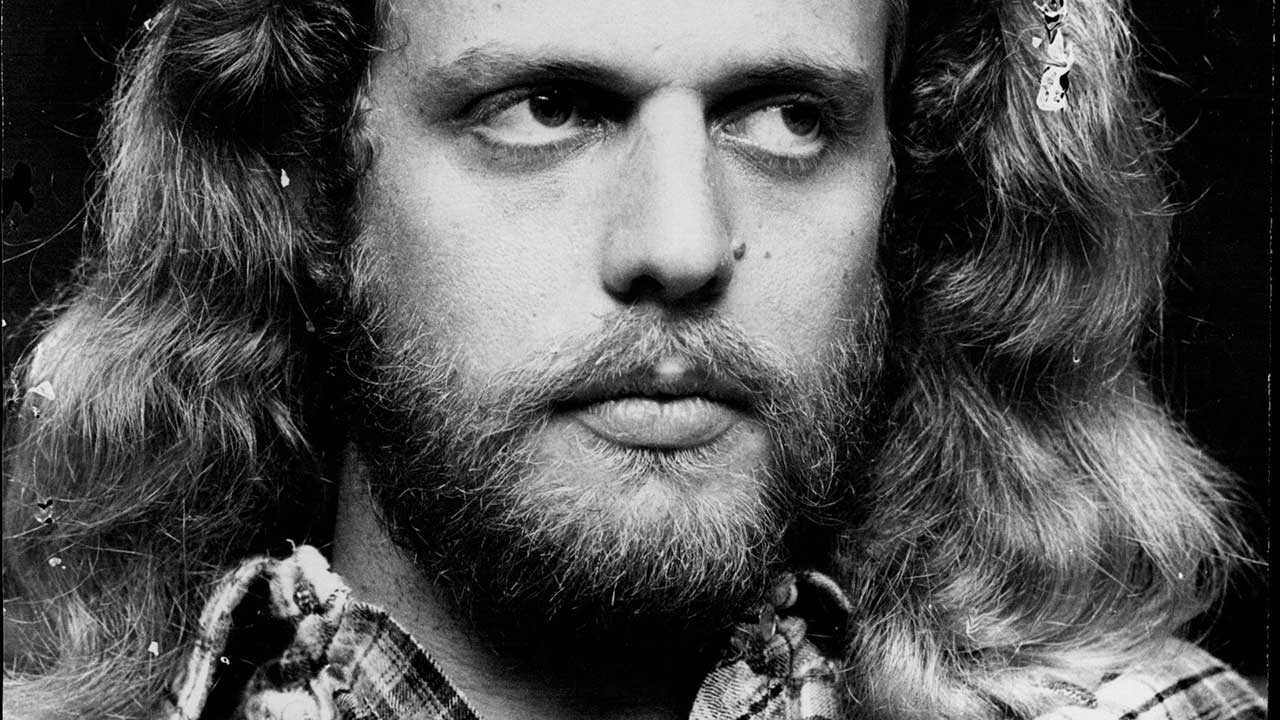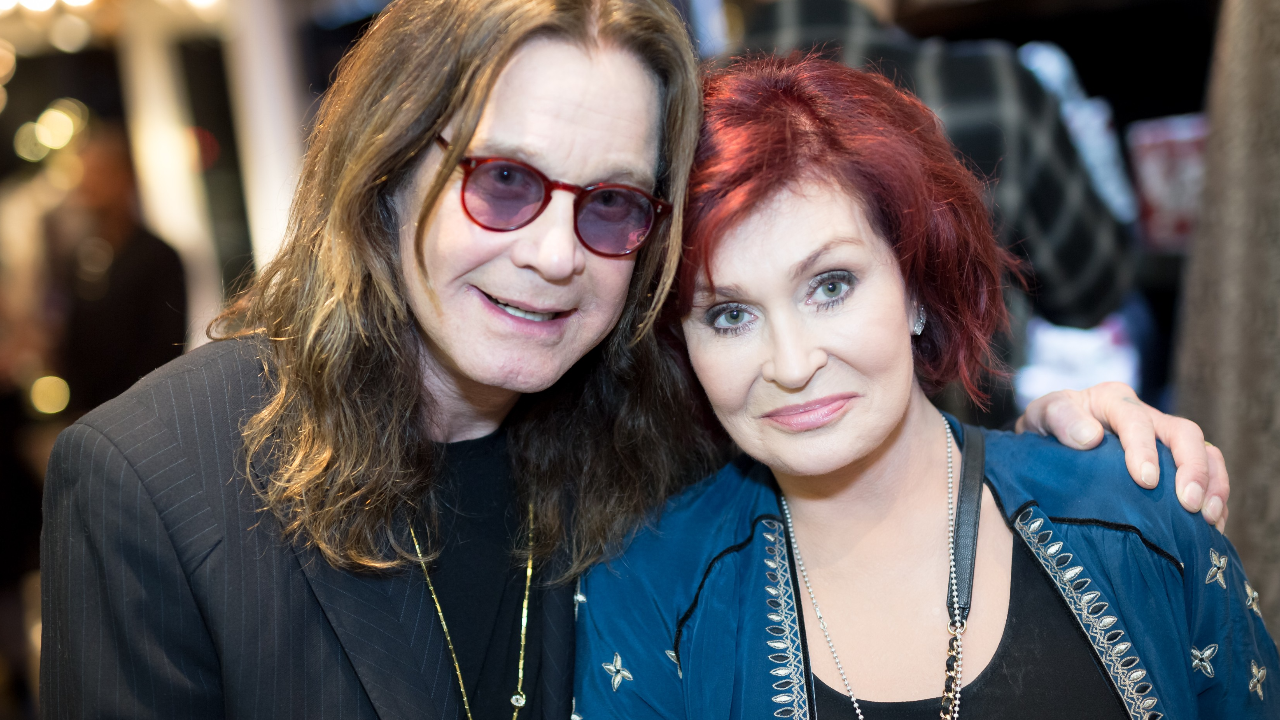How I wrote Hotel California, by Don Felder
Former Eagles guitarist Don Felder reveals how a ‘Mexican reggae’ demo became one of rock’s most iconic anthems, Hotel California

"When I joined the Eagles, my wife Susan and I were living in the mountains overlooking Topanga Canyon, a beautiful, rural area of California. One day she put a blanket on the ground outside for our baby boy Jesse to get some sun, and she suddenly saw a rattlesnake crawling towards him. She grabbed Jesse and called me and said, ’We’re moving.’ So when I came off the road, I came back not to the house I owned, but to a house she’d rented in Malibu. And that’s where I wrote Hotel California.
"When I first joined the band, my high school band mate Bernie Leadon told me, ‘If you want to wrote songs with Don [Henley] and Glenn [Frey], just make musical beds for them, don’t try to give them full songs with lyrics, because that’s their job’. So ahead of making what turned out to be the Hotel California album, I wrote 15 or 16 demo songs, based on that approach.
"Two of them ended up on the record, one of which was Victim Of Love, and the other which became the title track. Truthfully, at the time, Hotel California was just another song on the cassette. I didn’t necessarily think it was the best song, but Don called me up after a few days living with the music and said, ‘I really like that one that sounds like Mexican reggae’, and I knew which one he meant.
"So we started kicking around ideas for it. Glenn came up with the original concept of Hotel California, and then Henley sat down and wrote those fantastic lyrics. His lyrics are like little photographs, which, much like reading a book rather than watching a movie, allows you to draw pictures in your mind. ‘On a dark desert highway’, that’s five words, but it already puts a picture in your head: ‘Cold wind in my hair’, you can feel it, you can see it."
"The guitar solo was straight from my demo. Joe Walsh and I had played together on [1976 live album] You Can’t Argue With A Sick Mind, before he joined the Eagles, and so I wanted to write something that would incorporate how he and I played together. It was just a guide solo, but by the time we got to make the Hotel California record, Don Henley had been living with that music for over a year, and he wanted the solo done note-for-note, so the solo on the song is identical to what was on the demo.
"To be honest, I thought the song was too long. In the ’70s AM radio wouldn’t play songs longer than 3 minutes and 30 seconds, but Hotel California has one minute of music before Don even starts singing, and a two minute guitar solo at the end. It was just the wrong format. But Henley insisted the record company put it out as a single. And I’ve never been so delighted to have been proved so wrong.
"It’s an honour and unexpected surprise to have been part of writing, producing and playing on a record that has had such global success. About four or five years ago I played a show for the United Nations at the Waldorf Astoria hotel in New York, to an audience of about 500 people, including presidents and heads of state. I played Hotel California and no matter what language people spoke, or what country they were from, everyone sang the entire song. That’s when I saw that the song truly had a global impact."
Sign up below to get the latest from Classic Rock, plus exclusive special offers, direct to your inbox!
Don Felder was speaking with Paul Brannigan.

A music writer since 1993, formerly Editor of Kerrang! and Planet Rock magazine (RIP), Paul Brannigan is a Contributing Editor to Louder. Having previously written books on Lemmy, Dave Grohl (the Sunday Times best-seller This Is A Call) and Metallica (Birth School Metallica Death, co-authored with Ian Winwood), his Eddie Van Halen biography (Eruption in the UK, Unchained in the US) emerged in 2021. He has written for Rolling Stone, Mojo and Q, hung out with Fugazi at Dischord House, flown on Ozzy Osbourne's private jet, played Angus Young's Gibson SG, and interviewed everyone from Aerosmith and Beastie Boys to Young Gods and ZZ Top. Born in the North of Ireland, Brannigan lives in North London and supports The Arsenal.
